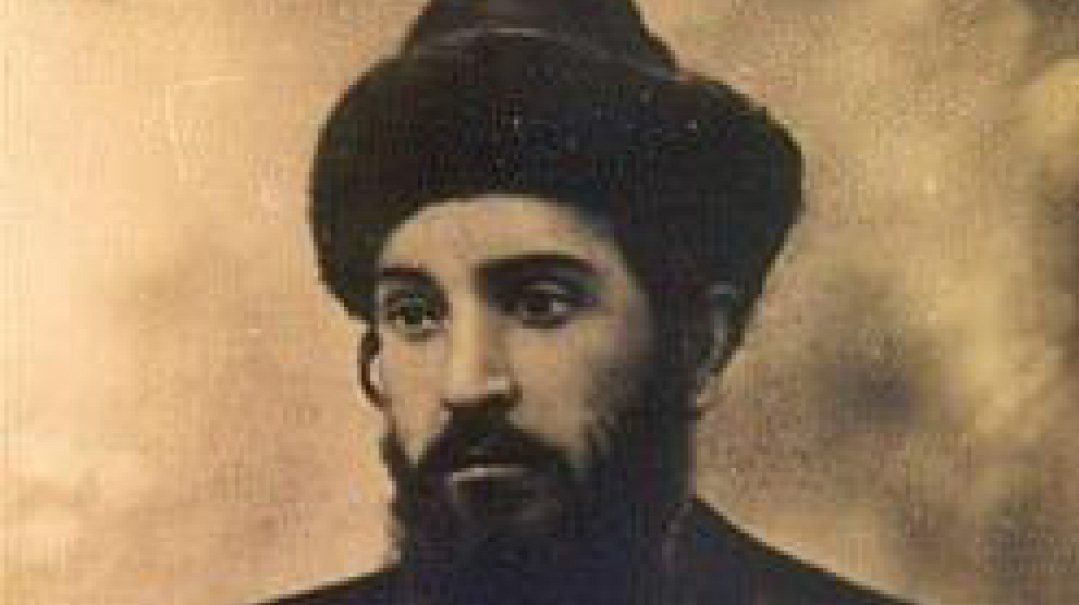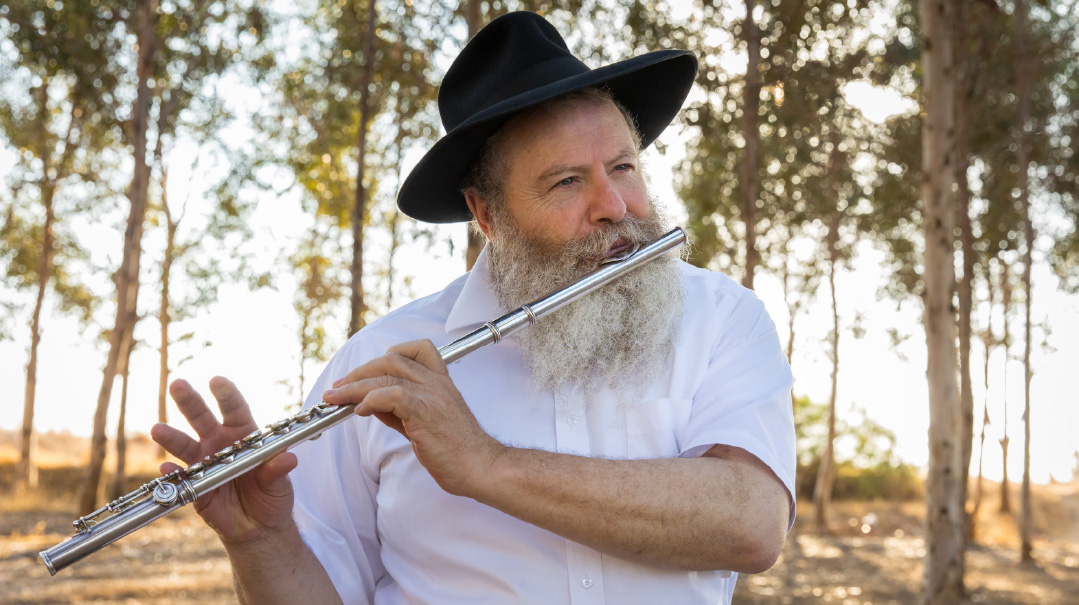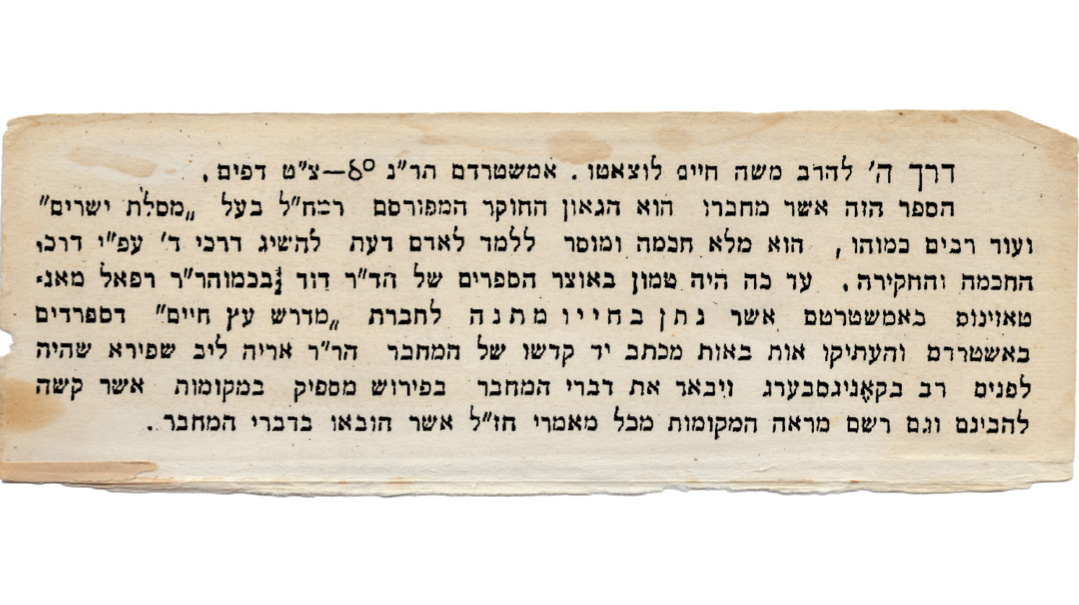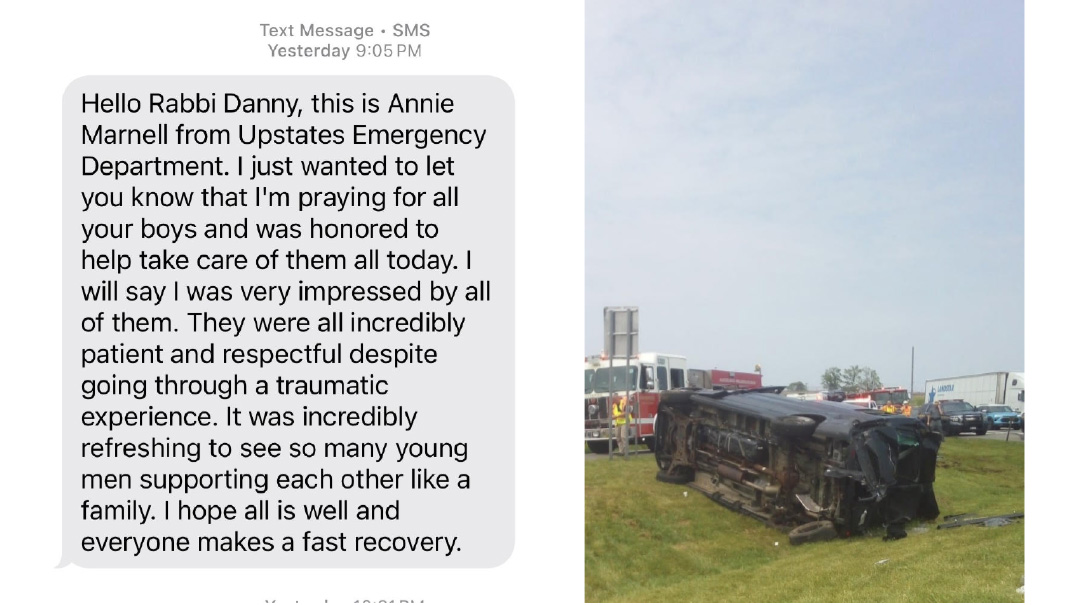The Moment: Issue 987
| November 21, 2023“Yossi,” Aryeh told him, “after I reach 120, I want you to be the one to organize something for me”
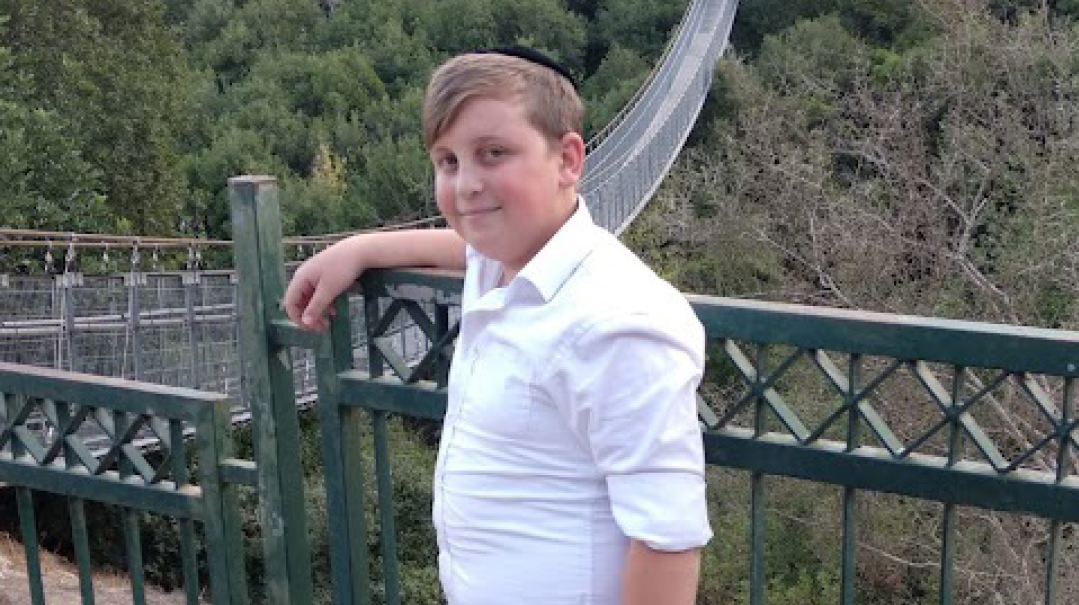
Living Higher
T
his week marks the first yahrtzeit of Aryeh Schupak, Hashem yikom damo. Aryeh was a 16-year-old yeshivah bochur learning in Jerusalem’s Yeshivat Harei Yehuda who was killed by a bomb placed by an Arab terrorist at a bus stop.
Friends remember Aryeh as a hardworking, good-natured bochur who wore a perpetual smile, laughing and brightening the atmosphere wherever he went. In the months following his death, one of Aryeh’s friends proposed that they undertake a project l’illui nishmaso. Aside from individual kabbalos, the young bochurim managed to collectively complete all of Shas in time for the yahrtzeit.
Yossi Raskas, one of Aryeh’s closest friends and the driving force behind the Shas campaign, shared the poignant backstory. He recounted how several years earlier he had committed to coordinate learning as a zechus for a niftar. In time, though, the task of assigning limudim to different people and keeping track of where they were holding became cumbersome, and he considered giving it up.
When Aryeh got wind of that, he sat down next to him, and with his trademark smile, encouraged him to continue.
“Yossi,” Aryeh told him, “after I reach 120, I want you to be the one to organize something for me.”
That conversation gave Yossi the chizuk he needed to move forward and stick with the project. Now, when tragedy struck and Aryeh’s “120” came so prematurely, Yossi recalled that fateful conversation and got to work fulfilling his friend’s request.
Yehi zichro baruch.
Overheard
“I’m asking everyone for a personal request: Don’t speak lashon hara on Am Yisrael. Let’s not dwell on the past. There is no left, no right… there are just Yidden. The Jewish army won wars in the merit of not speaking lashon hara about one another. Be strong in this. Here, if someone speaks about another with even the slightest hint of negativity, everyone silences him immediately — we don’t talk like that! We talk about how good we are….
Be strong. We will see each other after a huge victory and a tremendous salvation…. I love you so much and miss you all. Shabbat Shalom.” —Sgt. Maj. (res.) Yossi Hershkovitz, Hashem yikom damo
Yossi, an Israeli reservist, was killed last week by a blast from a booby-trapped tunnel shaft next to a mosque in Gaza. He was a beloved principal at the ORT Pelech high school for boys in Jerusalem, and recorded this heartfelt video for his students while on the cusp of entering Gaza on Friday afternoon. In the video, Yossi exhorted his students not to speak lashon hara and offered words of chizuk. It would be his final message to the world.
Yehi zichro baruch.
HAPPENING IN... Kibbutz Kalya
This year’s Shabbat Project, first launched in South Africa in 2013, took place on parshas Vayeira, November 3–4, with more than 100 countries and 1,500 cities participating. Held less than a month after the devastating Simchas Torah attacks, the project was devoted entirely toward strengthening and unifying the Jewish People in Israel and throughout the Diaspora. Poignantly enough, despite the war raging, Eretz Yisrael led the way, with the highest concentration of events — 1,200 — taking place in a single country.
Liat, a participant from Sderot who grew up irreligious, shares some background. Like many secular Israeli young adults, she had traveled to India, thinking that in the Far East she would find wisdom. But when the classes she attended focused on the history of yoga, Liat had a revelation: “I realized that if I’m learning any history, it should be my own.” Spurred by her realization, she came back to Israel and registered in a midrashah, a women’s learning center. Then, someone suggested she participate in the Shabbat Project, which further strengthened her path back to Torah and mitzvos.
This year, the war forced Liat to evacuate from Sderot to Kibbutz Kalya, an oasis of greenery in the Dead Sea region. Liat took advantage of the unexpected break from routine and the free time to study in depth.
“I separate the word into ‘Kal’ and ‘Kah’ — G-d made it easy on me,” she told organizers of the Shabbat Project this year. “I am fortunate and grateful.”
The Oldest Song
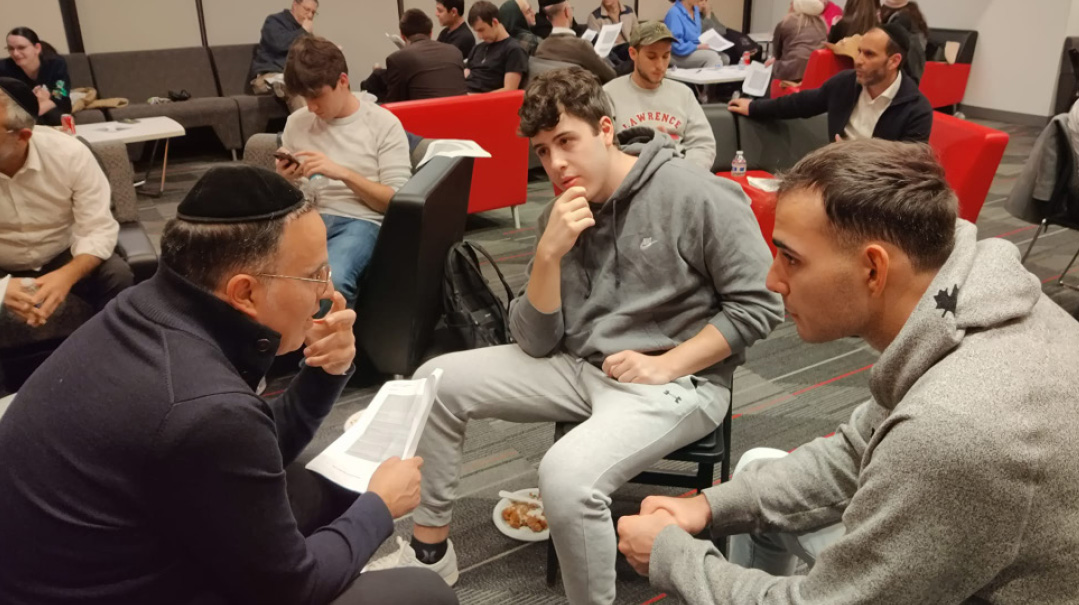
After finishing his Israeli tour, Yaakov Shwekey returned to America, but he wasn’t quite done being mechazek Yidden. Having learned of the rabid anti-Semitic sentiment raging on American college campuses, Shwekey headed to Rutgers for an evening of Torah and music. He started the night learning with the students and went on to give a heartfelt, intimate performance where he shared his experiences in Eretz Yisrael and relayed the message from the father of one of the hostages to “never stop singing.”
The students were enthusiastic, and at evening’s end, Rabbi Mendy Brukirer of Meor JX had a proposal for the singer. Would he entertain the idea of maintaining a regular chavrusa with a student?
Shwekey didn’t have to think twice. He’d be thrilled, he told the rabbi. Then and there, he was introduced to Ikey Sokol, a Jewish student in Rutgers and an aspiring musician, and the two set up a regular seder. A bond that had begun over an evening of music would now continue over the most enduring song of all.
(Originally featured in Mishpacha, Issue 987)
Oops! We could not locate your form.

